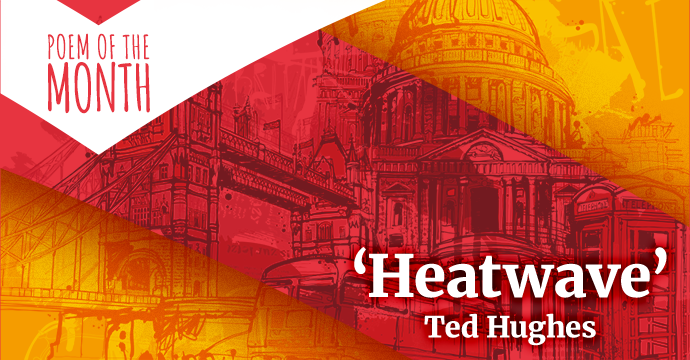
Between Westminster and sunstruck St. Paul’s
Ted Hughes, Recklings, 1966
The desert has entered the flea’s belly.
Life shut-eyed helf-submerged Nile bulls
The buildings tremble with breath.
The mirage of river is so real
Bodies drift in it, and human rubbish.
The main thing is the silence.
There are no charts for silence.
Men can’t penetrate it. Till sundown
Releases its leopard
Over the roofs, and women are suddenly
Everywhere, and the walker’s bones
Melt in the coughing of great cats.
“You are who you choose to be.”
Ted Hughes was a poet, editor, children’s author, translator, and one of the most influential writers of the 20th century. Born in Mytholmroyd, Yorkshire in 1930, Ted Hughes went on to serve in the Royal Air Force, before attending the University of Cambridge.
The young writer soon met fellow poet and literary treasure of her generation, Sylvia Plath, while she was at Cambridge on a Fullbright Scholarship in 1956. After only a few passionate months together, they married. It was Plath who first encouraged Hughes’ to pursue his poetry, convincing him to enter The Poetry Centre First Book Contest. He won first prize with The Hawk in the Rain, which went on to receive further critical acclaim across the continents.
Hughes’ went on to write numerous successful volumes of his poetry, exploring a variety of concepts from mythology to the potency of nature. His most notable works include Lupercal in 1960, Crow in 1970, and his final collection, The Birthday Letters in 1998. The latter is a collection of poems addressed to Sylvia Plath, after her tragic death, and published shortly before Hughes’ own passing.
Aside from poetry, Hughes is celebrated for his children’s books, including the hugely popular The Iron Giant. He also translated volumes of classical literature including Ovid, edited several writing anthologies, and edited collections of Plath’s work.
War, love, and the struggle between the two
Ted Hughes’ poetry, especially his earliest works, is often described as ‘nature poetry’. Unfortunately, this is a misconception. It is true that Hughes was highly passionate about nature and wildlife and included both in his work more often than not. But his writing is less of a portrait of nature, and much more than metaphor. He used the symbolism of nature his depict stories wide and wild. His use of heavy rhythm and alliteration akin to more classic poetry, makes his work stand out amongst his contemporaries, and far from nature poets of his time.
Nature is less of a theme in Hughes’ poetry, and more of a vehicle by which he explores dramatic themes with an air of mysticism. Hughes tells tales of greatest love and greatest war, and the gentle flow of his words articulate the everlasting struggle between the two.
Ted Hughes was Poet Laureate in 1984 until his death in 1998, and will always be a significant chapter in British literary history. We love the depth that can be found in Ted Hughes’ poetry, and feel it gets another layer deeper with every read.
If you love Ted Hughes, check out this review of Max Porter’s Grief is a Thing with Feathers, inspired by Hughes’ Crow poems.
Check out more poetry by exploring our entire collection of poetry books and anthologies.
What do you think of ‘Heatwave’? Have you read any more of Ted Hughes’ work? Let us know in the comments below.

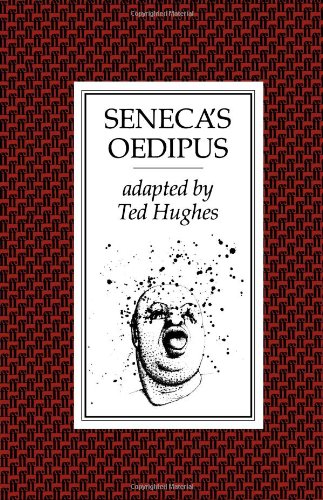
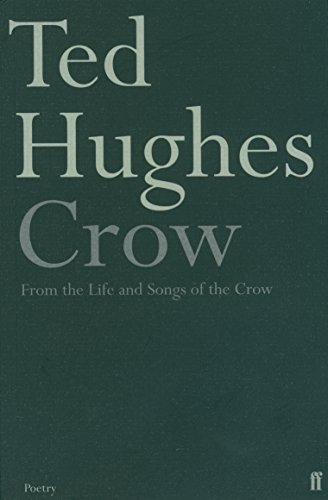
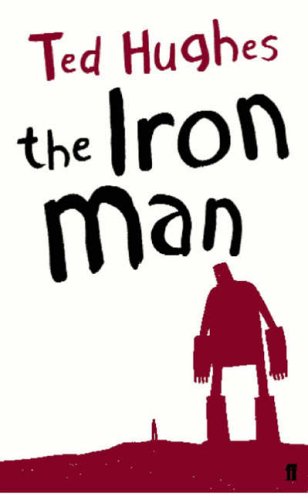
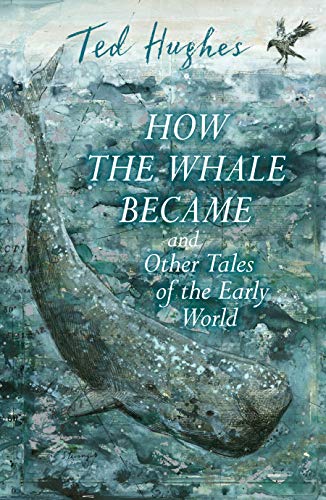
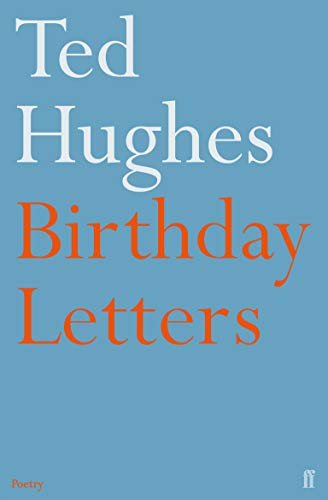
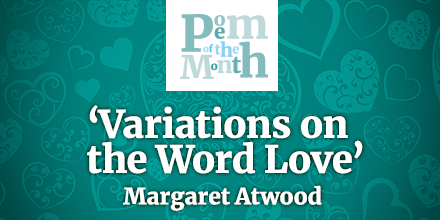
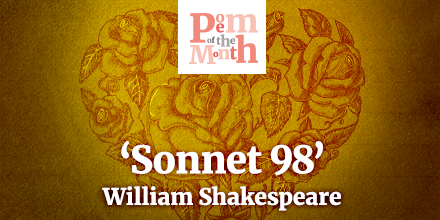
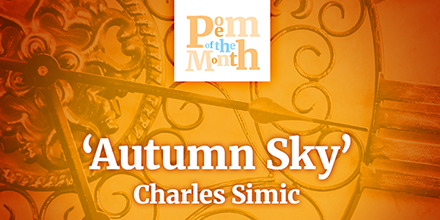
1 Comment
Thanks a lot for this great survey of the life and poetic career of my respected poet Ted Hughes. I have published an academic paper on his poetry a decade or more ago.